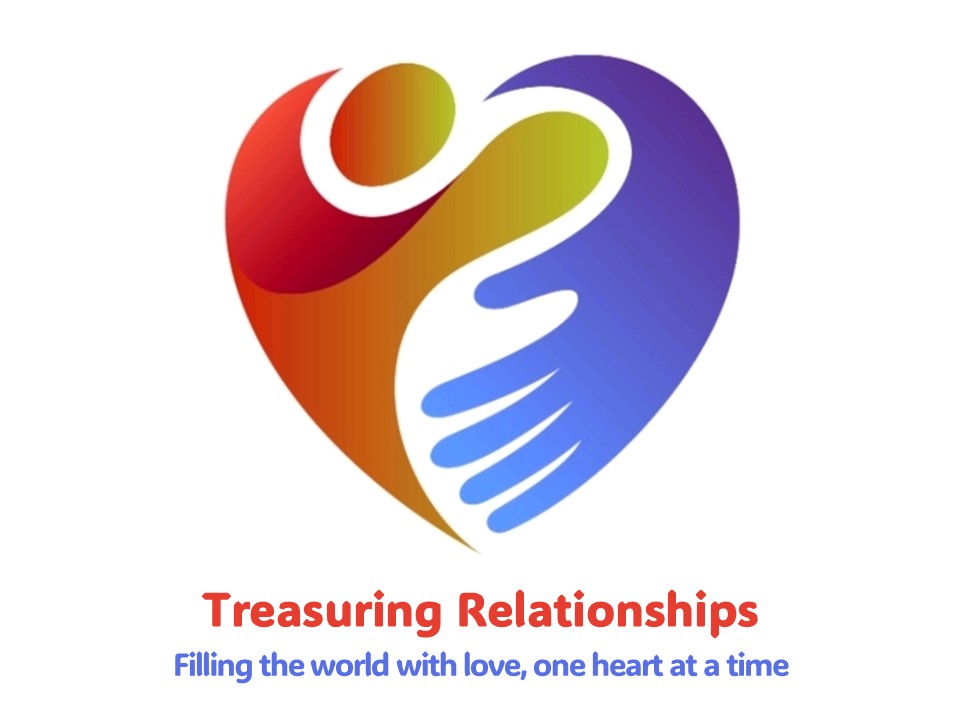How do we navigate change? Resolve differences? Shift our world for the better?
In times of turmoil, we often look to leaders, movements, or systems for answers. Yet, music has a unique way of connecting us to wisdom that is timeless and universal. The Beatles, with their evocative lyrics and powerful themes, offer profound insights into transformation through five iconic songs: Help, Revolution, Across the Universe, Imagine, and Here Comes the Sun. Each song carries a message that can help us face challenges, embrace growth, and move toward a brighter future. Let’s dive into these musical guideposts and their lessons for navigating change.
Help: The First Step is Asking
When John Lennon wrote Help, he described it as a cry for support during a time of personal crisis. At the height of The Beatles’ fame, Lennon felt trapped by the weight of their success. In the lyrics, we hear his vulnerability: “My life has changed in oh so many ways, my independence seems to vanish in the haze.” It’s a deeply personal acknowledgment of needing help—a sentiment we can all relate to.
This song reminds us that transformation begins with recognizing that something isn’t working. Whether it’s a personal struggle, a societal issue, or a global challenge, the first and most powerful step is to say, “I need help.” Reaching out for support is not a weakness; it’s the starting point of every great change. By voicing our needs, we open the door to connection, collaboration, and solutions that we cannot create alone.
Revolution: Evolution, Not Destruction
Revolution is a dialogue about change and the methods we use to achieve it. The song’s wisdom is clear: while revolution is necessary, destruction is not the answer. Lennon’s lyrics grapple with this tension, with his firm declaration: “You can count me out.” Though initially ambivalent—he also sang “in” faintly in the background—Lennon ultimately took a stance against destruction. Instead, he affirmed, “It’s going to be alright.”
The song challenges us to think critically about how we create change. Polarization and hatred only deepen divisions, pushing people into silos where communication and progress become impossible. Whether it’s political conflict or personal disagreements, effective change emerges when we seek solutions that unify rather than divide. It’s not about “us versus them”; it’s about finding a path forward together. Revolution calls us to evolve—freeing our minds, challenging our assumptions, and rejecting any method rooted in destruction or exclusion.
Across the Universe: Finding Stillness Amid Chaos
In Across the Universe, we encounter the chaotic whirlwind of thoughts and emotions: “Words are flying out like endless rain into a paper cup, they slither while they pass.” These lyrics capture the confusion many of us feel during times of change, when clarity seems just out of reach. Yet as the song unfolds, we find hope in its mantra-like refrain: “Nothing’s going to change my world.”
This affirmation is not about resisting change; it’s about finding stillness in the midst of it. When we anchor ourselves in inner peace, we can move from chaos to clarity. The song’s imagery shifts to light and love: “Limitless undying love that shines around me like a million suns.” Meditation, reflection, and stillness allow us to access that love, which becomes a guiding force through uncertainty. By quieting the noise around us, we can connect with the wisdom and insight needed to move forward.
Imagine: Dreaming of Unity
John Lennon’s Imagine is a call to envision a world without barriers—be they political, religious, or personal. Each verse invites us to challenge the divisions we’ve accepted as inevitable. The first verse is simple yet profound: “Imagine there’s no heaven. It’s easy if you try.” By asking us to let go of the dichotomy of heaven and hell, Lennon encourages us to focus on the present and our shared humanity.
The second verse moves deeper, asking us to imagine a world without countries or borders. Borders are human constructs, yet they fuel division, conflict, and nationalism. Finally, the third verse hits closest to home: “Imagine no possessions.” This is perhaps the hardest ask because it challenges our individual attachments and material desires. Yet Lennon’s vision is not about deprivation; it’s about creating a world where sharing, unity, and interconnectedness replace greed and isolation. In imagining this world, we take the first step toward building it.
Here Comes the Sun: Hope After Darkness
Here Comes the Sun is an anthem of hope, written during a period of struggle. George Harrison penned the song in the wake of a grueling winter, and its optimism radiates through every lyric. “It’s been a long, cold, lonely winter,” he sings, echoing the collective exhaustion we feel during difficult times. Yet the refrain reminds us: “Here comes the sun, and I say it’s all right.”
This song is a reminder that darkness does not last forever. Change is a constant, and just as the seasons turn, so too does the tide of our challenges. When we face struggles—whether personal or global—it’s important to hold onto the belief that light is coming. Evolution takes time, but it always moves us forward. The sun’s return is both a literal and metaphorical reminder of resilience, renewal, and the enduring promise of better days ahead.
Moving Toward the Light
The Beatles’ music reminds us that change is both inevitable and transformative. From Help’s plea for connection to Revolution’s call for peaceful evolution, from the stillness of Across the Universe to the bold vision of Imagine, and finally to the hope of Here Comes the Sun, we are invited to embrace growth with courage and trust.
Change begins within each of us. When we release fear, open our minds, and move toward love, we can illuminate the path forward. Together, we can imagine a brighter future and affirm, “Here comes the sun.” Don’t you know? It’s going to be alright.

